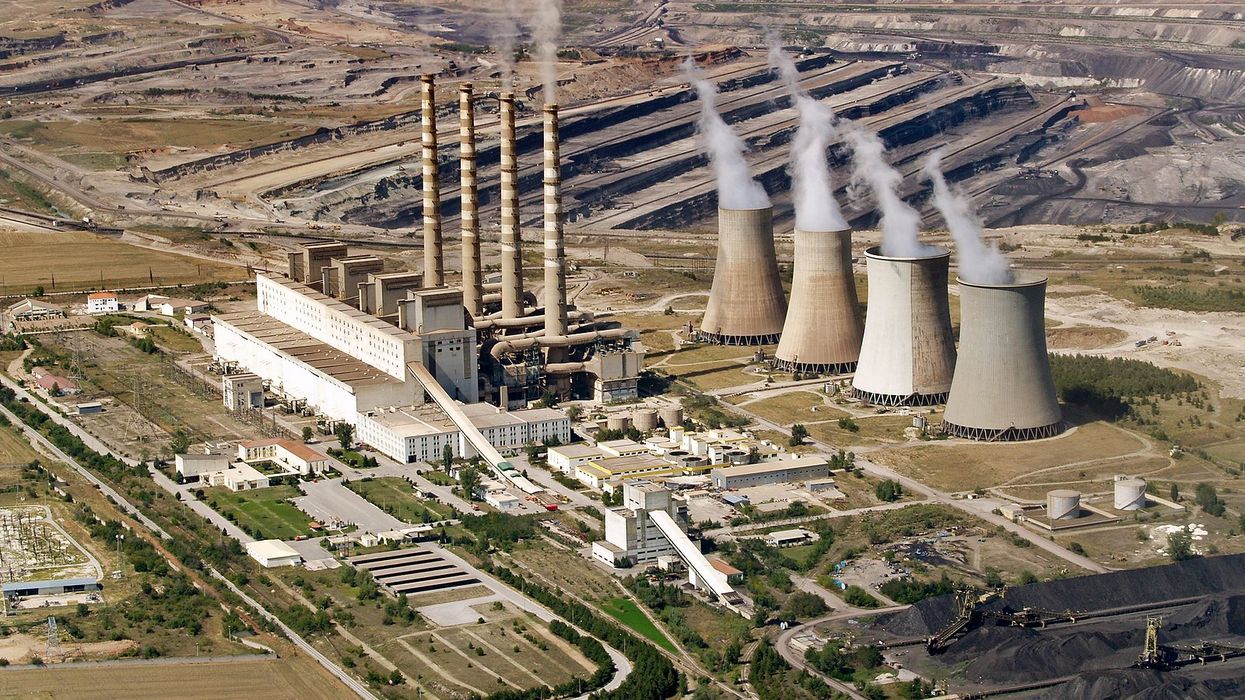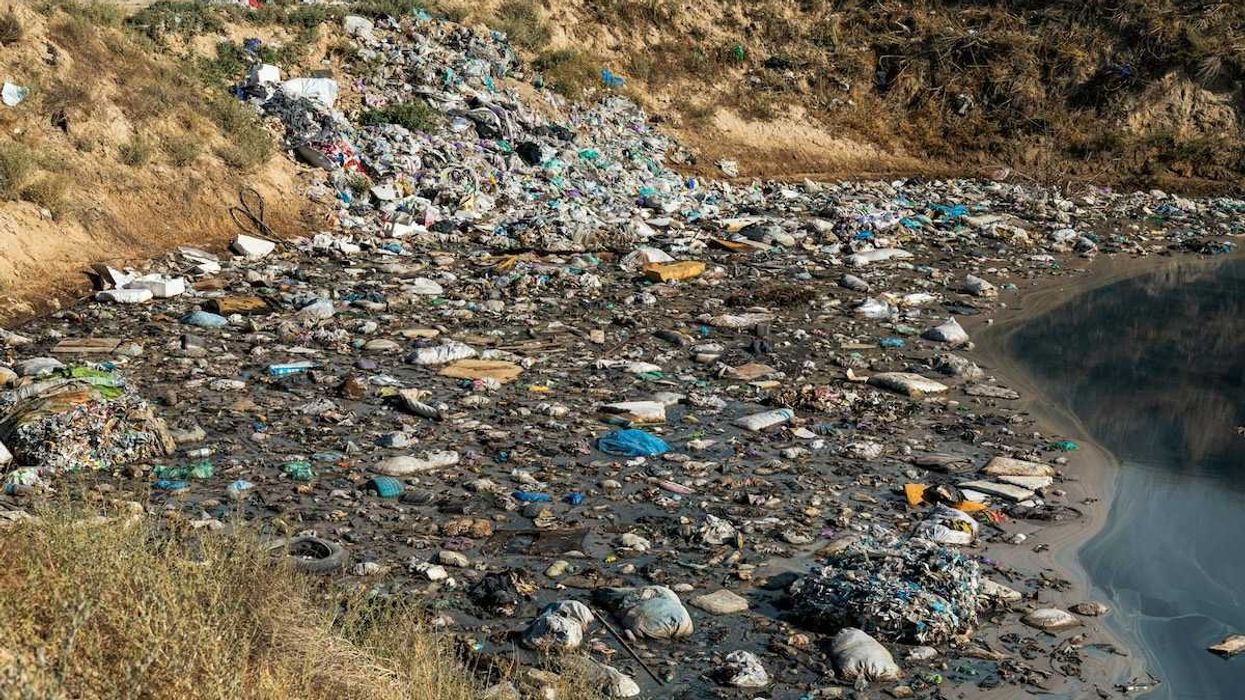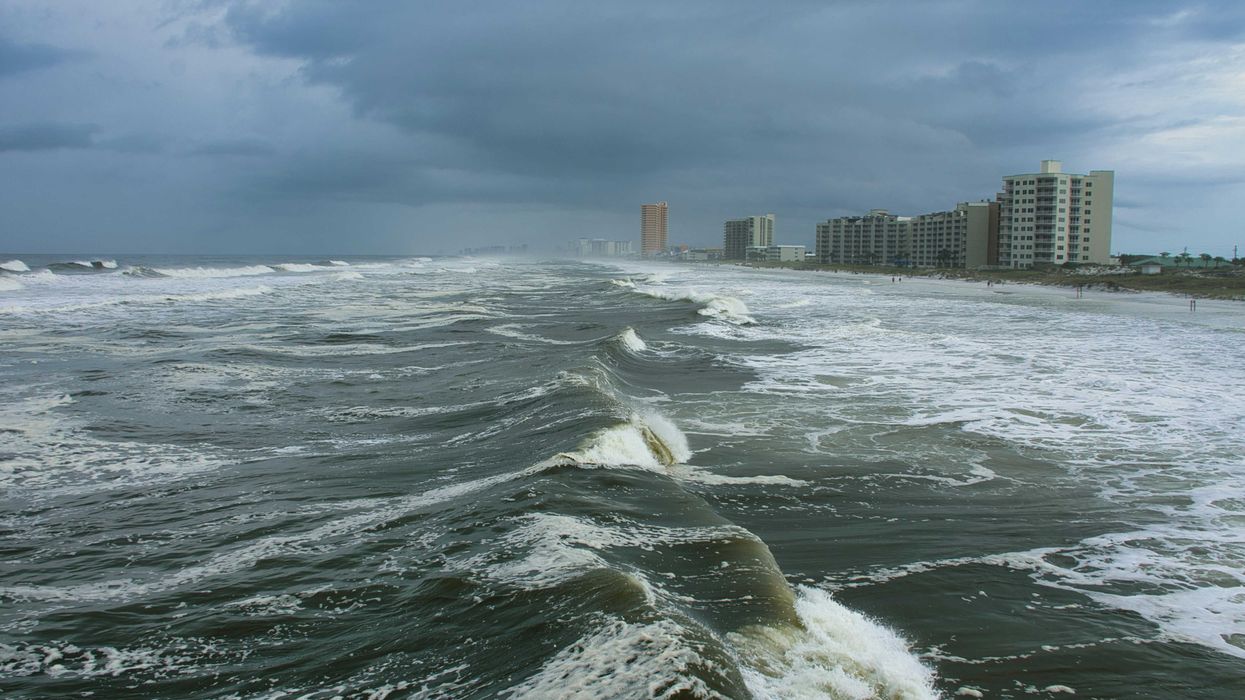A new study suggests that deep-ocean heatwaves, which can cause serious damage to marine ecosystems, are being overlooked due to the focus on surface-level events.
Farah Master reports for Reuters.
In short:
- Marine heatwaves occurring below 100 meters are often missed, even though 80% of them are independent of surface-level warming.
- The study found that deep heatwaves are driven by ocean currents and eddies, affecting marine habitats and species at a greater depth.
- These subsurface events have serious ecological and economic impacts as they disrupt the marine food chain and critical ecosystems like coral reefs.
Key quote:
"Extreme temperature events below the sea surface are of greater ecological concern because they affect the habitat of most marine primary producers and consumers."
— Joint study by Australia's national science agency and the Chinese Academy of Sciences
Why this matters:
Subsurface marine heatwaves can devastate marine life, threaten fisheries and worsen global food insecurity. Monitoring deeper ocean temperatures is crucial as climate change accelerates these events.
Read more: Surprise! Unexpected ocean heat waves are becoming the norm














